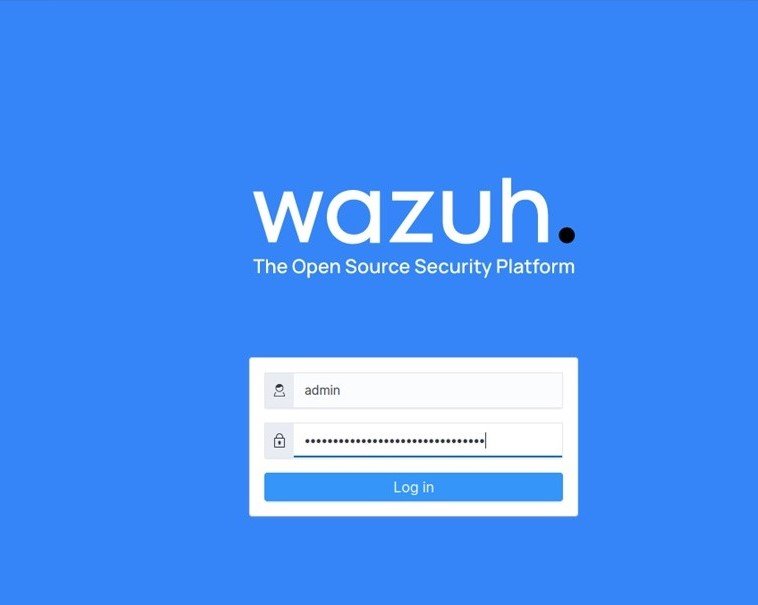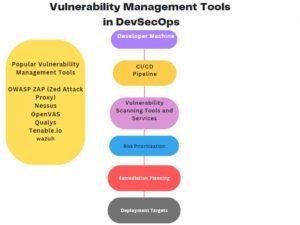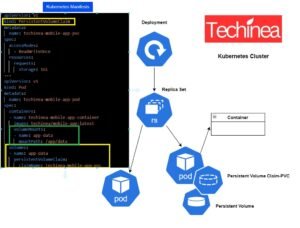Wazuh is a popular open-source security monitoring platform that can be integrated into DevOps and Kubernetes environments to enhance security posture. Its role in these environments can be defined as follows:
- Intrusion Detection and Prevention: Wazuh provides real-time threat detection and response capabilities, helping to identify and mitigate security incidents within DevOps and Kubernetes clusters. It can monitor logs, configurations, file integrity, and network traffic to detect suspicious activities or potential security breaches.
- Log Analysis and Monitoring: Wazuh collects and analyzes logs generated by various components of DevOps and Kubernetes infrastructure, including applications, containers, orchestration tools, and underlying host systems. This enables centralized logging and monitoring, making it easier to identify security issues, troubleshoot problems, and ensure compliance with security policies.
- Vulnerability Detection: Wazuh can scan container images, Kubernetes configurations, and underlying host systems for known vulnerabilities and misconfigurations. By identifying and remediating security weaknesses proactively, it helps to reduce the attack surface and mitigate the risk of exploitation by malicious actors.
- Compliance Assurance: Wazuh helps organizations maintain compliance with industry regulations and security best practices by providing predefined rulesets and policies for common compliance frameworks such as PCI DSS, GDPR, HIPAA, and CIS Benchmarks. It can continuously monitor DevOps and Kubernetes environments for compliance deviations and generate reports for auditing purposes.
- Threat Intelligence Integration: Wazuh integrates with external threat intelligence feeds to enrich its detection capabilities and provide context for security events. By leveraging up-to-date threat intelligence data, it can better identify and respond to emerging threats, zero-day exploits, and other security risks within DevOps and Kubernetes environments.
- Incident Response Orchestration: Wazuh can be integrated with incident response workflows and automation tools to facilitate timely response and remediation actions in the event of security incidents. It can trigger alerts, execute predefined response actions, and integrate with third-party tools for further analysis and mitigation.
In summary, Wazuh plays a crucial role in enhancing security visibility, threat detection, and incident response capabilities within DevOps and Kubernetes environments, helping organizations to effectively manage and mitigate security risks across their infrastructure and applications.
To Explore More in DevSecOps- Read More :
Roles and Responsibilities of DevSecOps Engineer
DevSecOps Tool-Static Application Security Testing (SAST) tools
DevSecOps Tool-Dynamic Application Security Testing (DAST) Tools
DevSecOps Tool-Software Composition Analysis (SCA) Tools
DevSecOps Tool-Container Security Tools in DevSecOps
DevSecOps Tool-Infrastructure as Code (IaC) security Tools
DevSecOps Tools – Secrets Management Tools
DevSecOps Tools – Vulnerability Management Tools
DevSecOps Tools – Security Orchestration, Automation, and Response (SOAR) Tools
DevSecOps Tools – Security Information and Event Management (SIEM) tools




